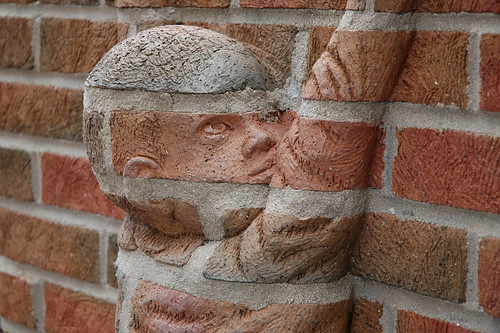 NYTimes | Barely six months ago, the International Monetary Fund emerged from years of declining relevance, hurriedly cobbling together emergency loans for countries from Iceland to Pakistan, as the first wave of the financial crisis hit.
NYTimes | Barely six months ago, the International Monetary Fund emerged from years of declining relevance, hurriedly cobbling together emergency loans for countries from Iceland to Pakistan, as the first wave of the financial crisis hit.Now, with world leaders gathering this week in London to plot a response to the gravest global economic downturn since World War II, the fund is becoming a chip in a contest to reshape the postcrisis landscape.
The Obama administration has made fortifying the I.M.F. one of its primary goals for the meeting of the Group of 20, which includes leading industrial and developing countries and the European Union. But China, India and other rising powers seem to believe that the made-in-America crisis has curtailed the ability of the United States to set the agenda. They view the Western-dominated fund as a place to begin staking their claim to a greater voice in global economic affairs.
Treasury Secretary Timothy F. Geithner, who once worked at the fund, has called for its financial resources to be expanded by $500 billion, effectively tripling its lending capacity to distressed countries and cementing its status as the lender of last resort for much of the world.
Japan and the European Union have each pledged $100 billion; the United States has signaled it will contribute a similar sum, though its money will take longer to arrive because of the need for Congressional approval. China, with its mammoth foreign exchange reserves, is the next obvious donor.
Yet officials of China and other developing countries have served notice that they are reluctant to make comparable pledges without getting a greater say in the operations of the fund, which is run by a Frenchman, Dominique Strauss-Kahn, and is heavily influenced by the United States and Western Europe.


0 comments:
Post a Comment